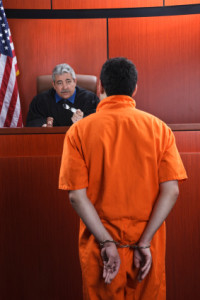As a student of law, you will be required to go through a lot many cases, scrutinizing judgments and try to reach an understanding of the thought process the judge followed. There are a few cases among these that could be termed as “cornerstone” cases. Such cases have influenced laws as well as the understanding of terms, such as the writ of habeas corpus definition, prohibition, exclusionary rule, punitive damages and the like.
In the present article, we hope to present to the reader a few of such cases in simple layman’s terms, with special focus on separation of powers.
The Aaron Burr Trials
Some may know Aaron Burr as the man involved in a duel with Alexander Hamilton which resulted in the death of the latter. After this incident, the practice of dueling was banned in the nation. The man was also charged with treason once in a separate case. At that time, Burr alleged that he was being framed by the then President and political rival, Thomas Jefferson. In the case, the defense argued that letters that were in the possession of the then President could prove his innocence but Jefferson contended that the court had no jurisdiction over him and did not hand evidence over. That was when the court issued a warrant or a subpoena demanding that such letters as claimed by the defense and in possession of the President be admitted before it, and the President acquiesced. This is a landmark case, for it showed that no authority could withhold evidence that could prove the innocence of a man.
The Case of McCardle
This case is often cited by legal experts as a perfect example of the issue of the writ of habeas corpus definition. William McCardle apparently published matter which opposed laws that were enacted by the Congress in the year 1868. That was in the middle of the reconstruction era in the USA. He was then placed under arrest by the military. Using the habeas corpus writ, McCardle appealed to the Supreme Court. In the middle of the review, however, the Congress suspended its jurisdiction over the matter.
These two cases are classic examples of how the Courts’ power can be extended to the Executive, while at the same time can be curtailed by the same through legislations and powers vested by the Constitution. The arguments used then are cited even today by top lawyers during litigations.
Google+

